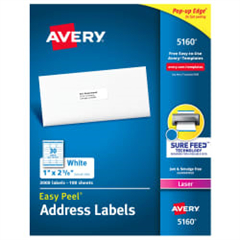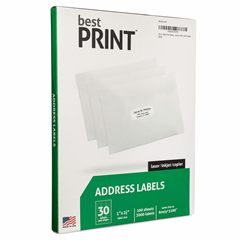Labels are playing a significant role in reshaping various industries by introducing innovation, efficiency, and improved user experiences. Here are some ways labels are driving transformation across industries:
- Retail and Consumer Goods:
- Smart Packaging: Labels with embedded RFID tags, NFC technology, or QR codes enable consumers to access product information, verify authenticity, and engage with brands through their smartphones.
- Personalization: Labels allow brands to create personalized packaging and experiences for consumers, enhancing brand loyalty and customer engagement.
- Supply Chain Transparency: Labels with QR codes or barcodes provide consumers with information about a product’s journey from production to distribution, promoting transparency and ethical practices.
- Healthcare and Pharmaceuticals:
- Anti-Counterfeiting Measures: Tamper-evident labels, holographic labels, and QR codes help combat the proliferation of counterfeit drugs, ensuring patient safety.
- Medication Management: Labels on prescription drugs can provide dosage instructions, potential side effects, and drug interactions, enhancing patient understanding and compliance.
- Traceability: Labels on medical devices and equipment enable tracking throughout the supply chain, ensuring quality control and minimizing the risk of errors.
- Food and Beverage:
- Allergen Information: Labels are crucial for communicating allergen information and nutritional facts, helping consumers make informed dietary choices.
- Origin and Sustainability: Labels provide information about the origin of food products and their environmental impact, supporting consumers’ preferences for sustainable and locally sourced items.
- QR Codes for Product Details: QR codes on packaging can provide detailed information about the product’s source, ingredients, and production methods, building consumer trust.
- Automotive and Manufacturing:
- Parts Traceability: Labels with unique identifiers enable tracking of components throughout the manufacturing process, improving quality control and facilitating recalls if needed.
- Maintenance Information: Labels on automotive parts can provide maintenance schedules and diagnostic codes, helping vehicle owners maintain their vehicles effectively.
- Inventory Management: Labels with barcodes or RFID tags enhance inventory management by enabling real-time tracking of parts and components.
- Logistics and Supply Chain:
- Barcode Efficiency: Barcode labels expedite inventory management, order processing, and shipment tracking, leading to faster and more accurate logistics operations.
- Real-time Tracking: IoT-enabled labels with GPS or RFID technology allow for real-time tracking of goods, optimizing supply chain visibility and reducing delays.
- Fashion and Apparel:
- Authentication and Branding: Holographic labels, QR codes, and NFC tags help combat counterfeit fashion items while also providing consumers with brand stories and authenticity verification.
- Sustainability Information: Labels communicate a garment’s material composition, care instructions, and sustainability credentials, meeting consumer demands for eco-friendly products.
- Waste Management and Recycling:
- Recycling Instructions: Labels with clear recycling symbols guide consumers on how to properly dispose of products, promoting recycling and reducing environmental impact.
- Material Identification: Labels with QR codes can provide detailed information about the materials used in packaging, aiding recycling facilities in sorting and processing.
In essence, labels are no longer just decorative elements but powerful tools for enhancing user experiences, enabling transparency, ensuring safety, and optimizing processes across a wide range of industries. As technology continues to advance, labels will likely continue to evolve, reshaping industries and providing new ways to connect with consumers and improve business operations.

